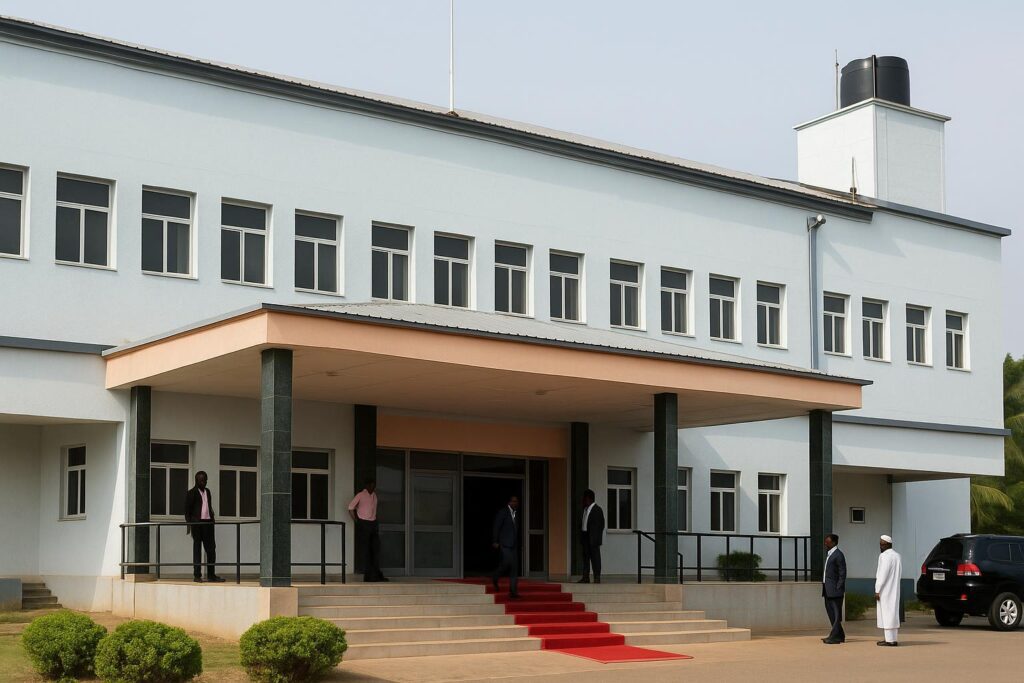Rumor Sparks Parliamentary Debate
Reports by CNN and Al Jazeera suggested discreet talks between Juba and Tel Aviv on transferring displaced Gazans to South Sudan. The story reached the Transitional National Legislative Assembly before any official briefing, setting off a tense Monday session.
Lawmaker Luka Matanta Akuei argued the possibility breached South Sudan’s non-alignment stance and cited past deportations from the United States as precedent for sidelining Parliament. He asked the Foreign Affairs Minister to appear and give an unvarnished account.
Government Denial and Party Line
Acting SPLM chief whip Ahamed Muhammed Musa reminded colleagues that the foreign ministry had already branded the media narrative “baseless”. He maintained Parliament could not legislate on rumours and urged the chamber to await verified information.
Speaker Jemma Nunu Kumba echoed that posture, ordering members to suspend the discussion and “not mention Palestinians again” until a formal dossier arrives. Her intervention cooled tempers but deepened curiosity on the corridors.
Civil Society Demands Transparency
The Center for Peace and Advocacy warned that silence breeds disinformation. “Withholding critical details fosters fear and mistrust,” its executive director Ter Manyang Gatwech told this magazine, urging the executive to communicate plainly on any population movement.
Advocates argue that, with two million South Sudanese internally displaced, absorbing additional refugees would require meticulous planning, donor coordination and parliamentary oversight to avoid stretching already fragile services.
Regional and Diplomatic Calculations
Analysts note South Sudan has historically kept cordial ties with Israel, which recognised the young nation early in 2011. Hosting Gazans could reinforce that bond yet draw scrutiny from Arab League partners and humanitarian agencies.
For now, the policy compass sits with Foreign Minister James Pitia Morgan, whose forthcoming briefing may determine whether the episode ends as gossip or becomes one of Juba’s most consequential diplomatic choices since independence.
What Comes Next
Parliament is expected to resume debate once official documents arrive. Until then, citizens scroll their phones for updates, caught between relief at a possible false alarm and apprehension about the opaque corridors of foreign policy.


